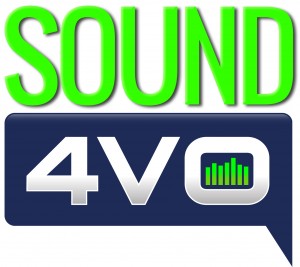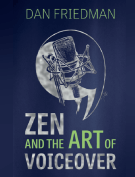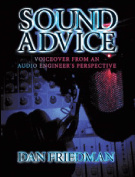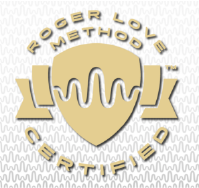 Over the last couple of decades, technology has made many things a whole lot easier… unless you are a voice actor.
Over the last couple of decades, technology has made many things a whole lot easier… unless you are a voice actor.
WAIT!… Did I read the correctly? Seriously, what could be easier than being a voice actor? Look at all that we can do thanks to technology. We communicate around the world and with the world, sometimes instantly. We have the ability to work from home. We can record digitally and send audio to clients without ever going to the mailbox. Technology has made it MUCH easier.
Don’t get me wrong, working as a voiceover talent is rarely grueling. But the responsibilities that we have today go far beyond the days of pulling up to the studio in a limousine, talking into a microphone for a few minutes and walking out with a wad of cash (at least that is how many of the long-timers portray the “good ol’ days”). While that image may be somewhat hyperbolic, it is closer to the truth of what this business was like twenty or thirty years ago than how it is today.
Now, in our digital world, one of the skills that a voice actor must have is the ability to edit audio. This is a task that was once reserved for men wearing lab coats. The fundamental tasks involved in editing audio are not much different than those used in editing a word document… cut, copy and paste. However, editing audio involves significantly more time. It also requires developing the most important skill of them all, listening.
There are several reasons why basic editing skills are critical to helping you along your voiceover journey.
First, auditions. Clearly, it would be a bad idea to send auditions with mistakes. Those need to be edited out.
Second, general clean-up. Nobody wants to sort through long audio files with several minutes worth of useless material. It is best to send audio that is somewhat clean and free of coughing, sneezing, small talk, and opinions about the script you are reading, or anything else that will do nothing more than take up space and will never be used in production.
Third, it will help to develop your listening skills. It is critical that you not only use your eyes to edit portions of a waveform that you are able to see, but that you also use your ears to ensure that your edited audio sounds cohesive and that it flows naturally. The end result shouldn’t sound as though the audio was edited. Listening is the only reliable way to identify issues involving spacing, tempo and matching.
Lastly, and this may be most important reason, learning to edit your audio will provide you with a solid understanding of how laborious the task can be. It will reinforce the idea that scripts and/or copy should be read as cleanly as possible. The performance and the messages (written and unwritten) should come from you the voice talent, not as a result of extensive editing.
Editing audio is the least creative aspect of our jobs as voice talent, audio engineers and audio producers. It can be tedious work. Editing too quickly can lead to mistakes. Editing too slowly is no way to provide good service to your clients. It requires an unwavering attention to detail, accuracy, precision, and patience. This is especially true when it comes to long form narrations, medical narrations and audio books.
As a voice talent, you should also spend some time learning to become an audio editor. While you may never become an editing ninja, having a general understanding and appreciation for the task is essential. If editing is a task you are uncomfortable doing or for which you simply do not have the time, hire someone who can do your editing for you.
Overall, technology really has made everything a whole lot easier… yes, even for voice actors. 😉 Be thankful that audio editing no longer has to be done with tape, grease pencils and razor blades.



